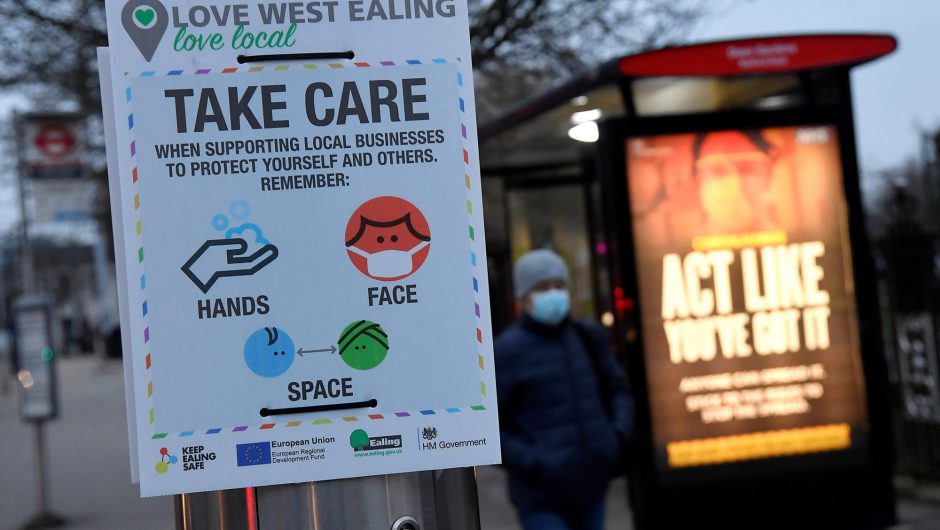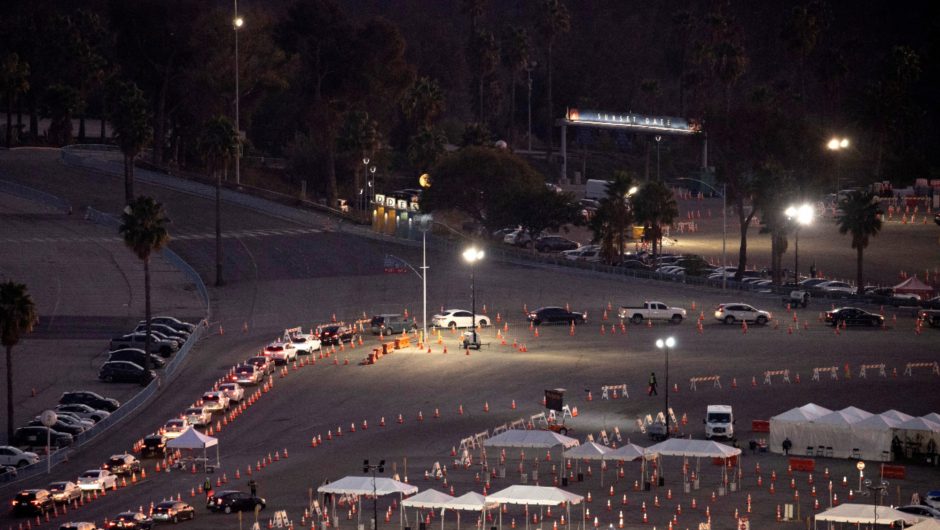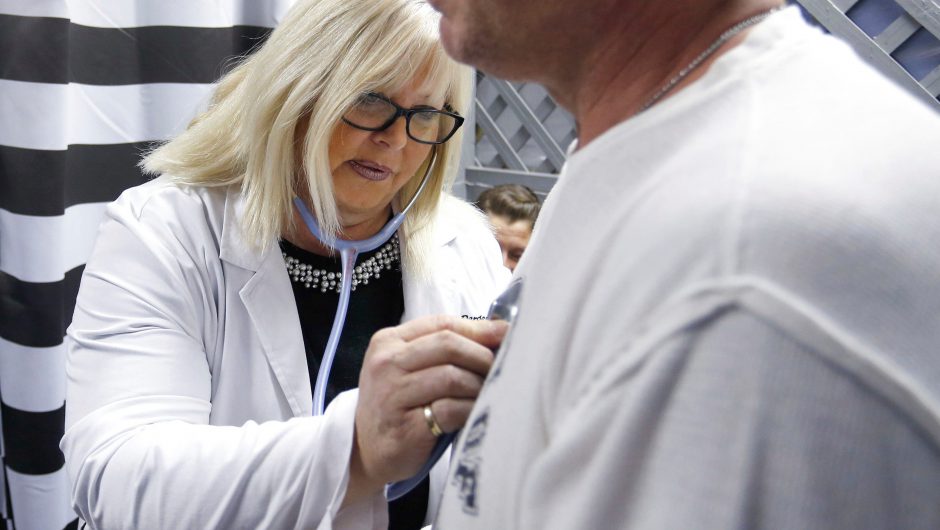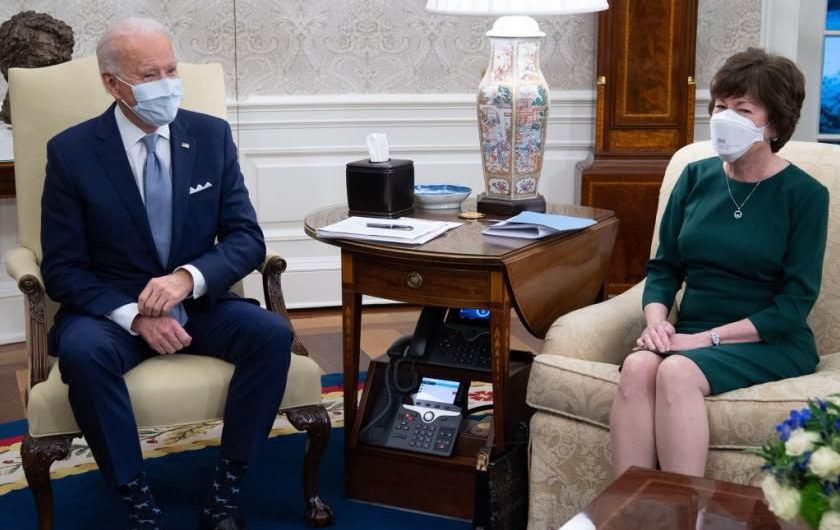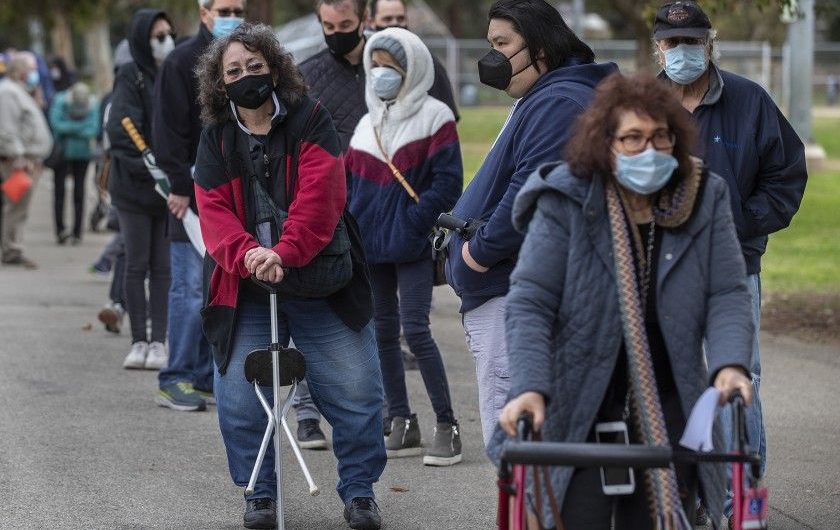[ad_1]

The Chinese city of Wuhan announced the first death of the novel coronavirus exactly a year ago – and nearly two million deaths later around the world, the metropolis is seeking to rebrand itself.
“Wuhan is the safest city in China now, even the whole world,” Xiong Liansheng, a 66-year-old resident, told Agence France-Presse on Monday.
On Jan. 11, 2020, a 61-year-old man who was a regular of the city’s wet market was confirmed to have died of the nascent illness, which developed into a raging pandemic with over 90 million cases globally.
The city of some 11 million people, which has reportedly conquered the deadly bug, has recently launched a promotional video to attract visitors to experience its natural beauty.
On Monday, the anniversary slipped by unmarked as commuters moved freely to work and visitors filled parks and riverside promenades, in stark contrast to strict lockdowns and restrictions in place in other countries, according to AFP.
“The Wuhan people’s awareness of epidemic prevention and control is very high — even my 2-year-old grandson will wear a mask when going out,” Xiong said.
Authorities in Wuhan initially tried to cover up the outbreak and later spent weeks denying human-to-human transmission as Chinese officials declared that the outbreak began at the Huanan Seafood Market.
In January 2020, Chinese data showed that several of the first cases had no known links to the now-shuttered market, where wildlife was sold as food. The pathogen is believed to have originated in an undetermined bat species.
Elderly people dance in a public area along the Yangtze River in Wuhan on January 11, 2021.Getty Images
Two months later, top Chinese disease control official Gao Fu said the market was not the source, but a “victim,” a location where the bug was merely amplified.
Since then, the country has released little information on animal and environmental samples taken at the market that could help investigators, according to experts.
A planned mission by World Health Organization virus investigators also was thwarted after China denied them entry.
But after a rare rebuke from the head of the WHO, China on Monday announced that the 10-member team would be allowed in this week.
The team will arrive Thursday and “conduct joint research cooperation on the origins of Covid-19 with Chinese scientists”, Beijing’s National Health Commission said in a statement that provided no further details.
What the scientists will be allowed to see or may expect to find is in doubt, as experts say authorities may have destroyed vital evidence in a panicked initial response.
“Every outbreak goes the same way. It’s chaotic and dysfunctional,” Peter Daszak, president of EcoHealth Alliance, a global NGO focused on infectious disease prevention, told AFP.
“They didn’t do a great job on the animal investigation early on,” he added. “In some ways, they were quite open, in others they were less than open.”
Daniel Lucey, a Georgetown University epidemiologist who tracks global outbreaks, told the news outlet that Beijing may seek to hide regulatory or investigative lapses to avoid embarrassment or global “blowback.”
The Wuhan market might not even be the issue, he added, noting that the virus was already spreading rapidly in the city by December 2019, indicating it was circulating much earlier.
The market-origin theory is “just not plausible whatsoever,” Lucey said. “It occurred naturally and it had to have been many months earlier, perhaps a year, perhaps more than a year.”
[ad_2]
Source link


